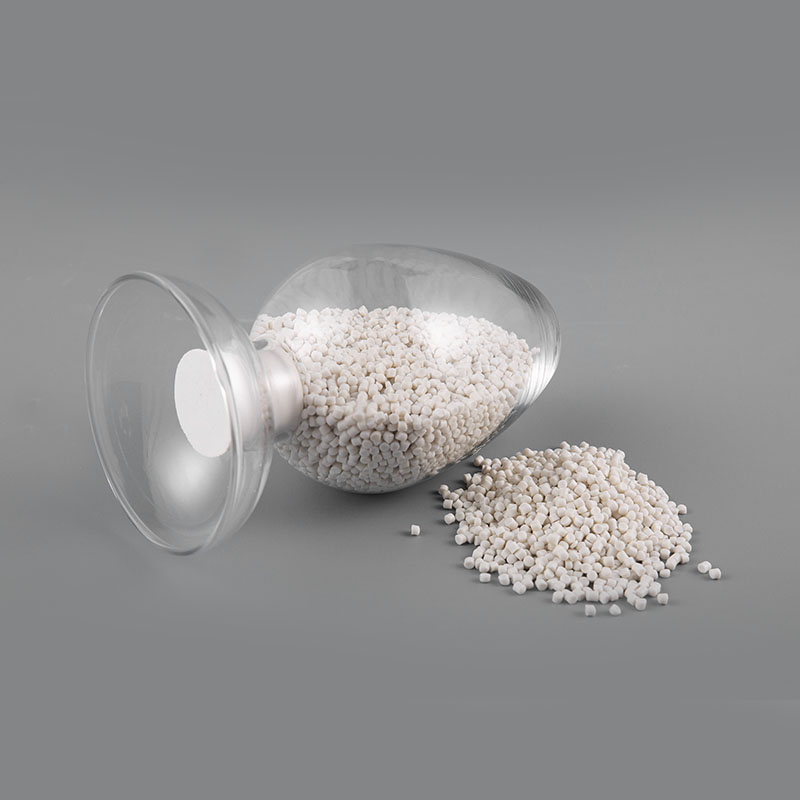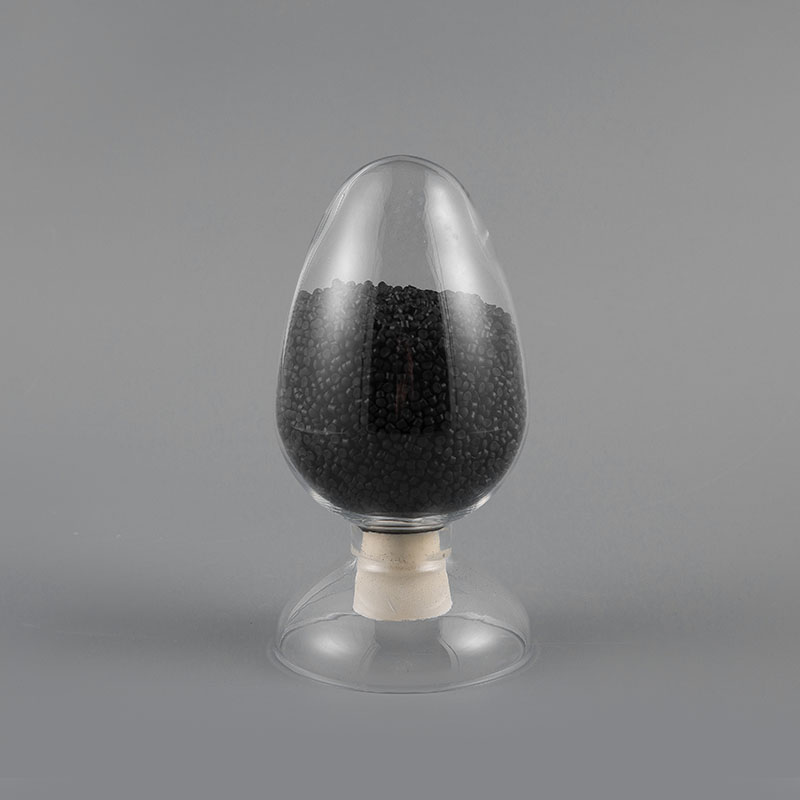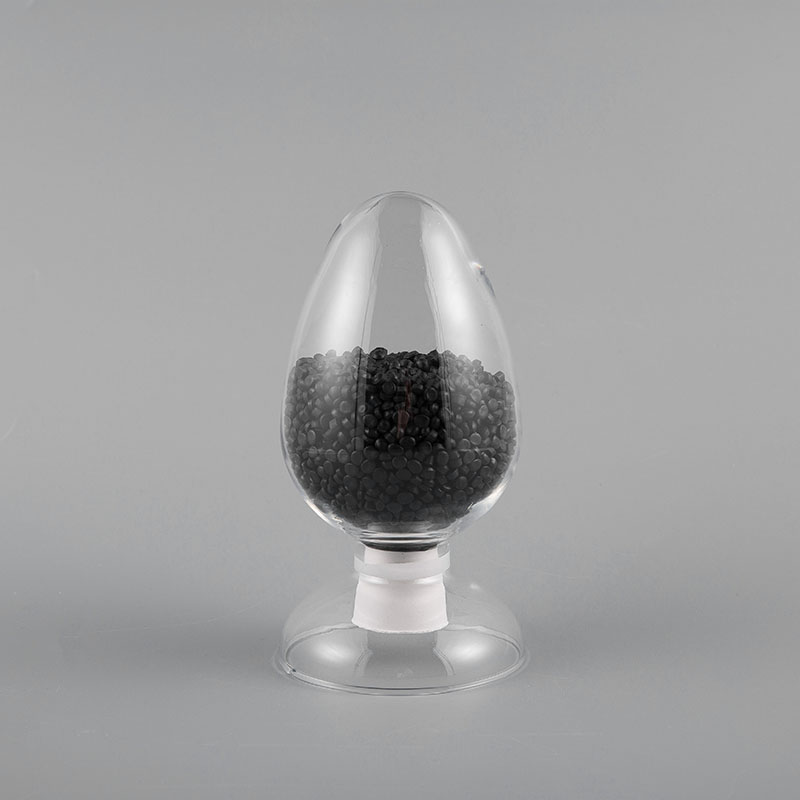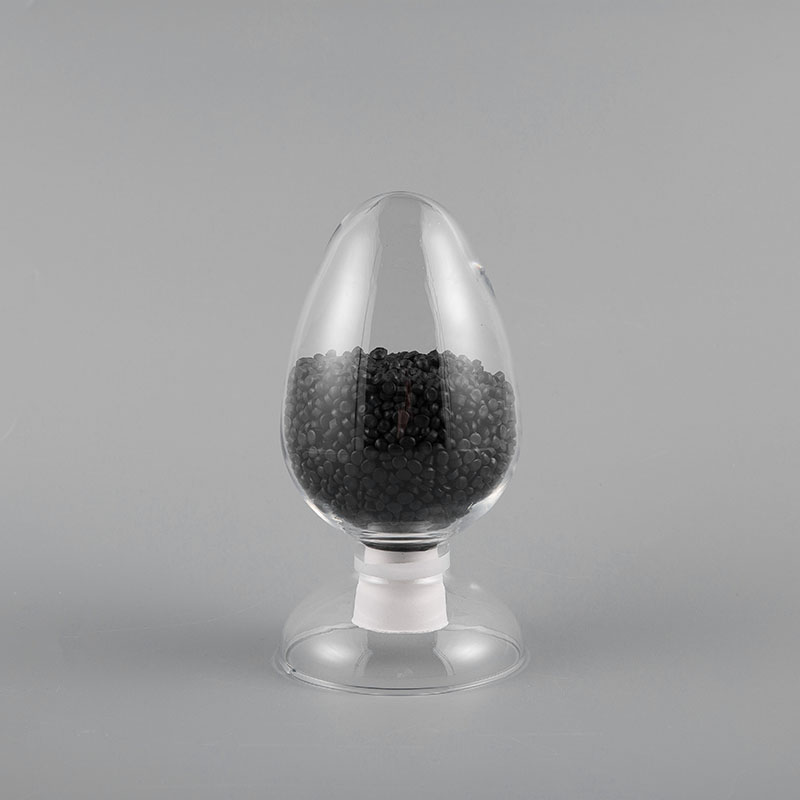How will the oil and chemical resistance of automotive cable compounds change when they are exposed to oil, fuel, brake fluid, etc. for a long time?
The oil and chemical resistance of automotive cable compounds will be affected to a certain extent when they are exposed to oil, fuel, brake fluid, etc. for a long time. The specific changes are as follows:
Material degradation:
Physical degradation: Long-term exposure to chemicals may cause the material to expand, soften, embrittle or swell, thereby changing its mechanical properties. The elasticity, strength and flexibility of the material may decrease, causing the cable to become easy to break or deform.
Chemical degradation: Chemicals may react chemically with the material, destroying the molecular structure and causing the material to degrade. For example, some solvents can cause the polymer chain of the material to break or cross-link, further reducing its performance.
Increased hygroscopicity:
Some compounds may absorb components from oil, fuel or brake fluid, which will change the physical properties of the material and increase its hygroscopicity. The material may become softer or more fragile after absorbing moisture, affecting the insulation performance and mechanical strength of the cable.
Degradation of electrical properties:
Long-term exposure to chemicals may cause the electrical insulation properties of materials to degrade. Chemicals penetrate into the material, affecting its dielectric constant and resistivity, increasing the loss or interference of electrical signal transmission.
Environmental stress cracking:
Certain chemicals can exacerbate environmental stress cracking (ESC), which is the cracking of materials under the combined action of chemicals and mechanical stress. Environmental stress cracking causes tiny cracks on the surface of the material, which further expand and eventually lead to material failure.
Thermal oxidative aging:
The combination of chemicals and high temperature environments accelerates the thermal oxidative aging process of materials, causing discoloration, brittleness and performance degradation of the materials. Especially in the engine compartment, the combined action of high temperature and chemicals has a particularly significant effect on the aging of materials.
Countermeasures
In order to cope with these changes and improve the oil and chemical corrosion resistance of the material, the following measures are usually taken:
Material selection:
Choose materials with excellent chemical resistance, such as cross-linked polyethylene (XLPE), polyvinyl fluoride (PVF), polyvinylidene fluoride (PVDF), etc., which perform better in oil and chemical corrosion resistance.
Additive use:
Add specific stabilizers, antioxidants and preservatives to the compound to enhance the chemical corrosion resistance of the material. These additives can delay the degradation of the material by chemicals.
Surface treatment:
Special treatment of the cable surface, such as coating an anti-corrosion layer or adding a protective sleeve, to reduce the direct contact of chemicals with the material, thereby extending the service life of the material.
Optimized formula:
By optimizing the material formula and process, adjusting the structure and cross-linking density of the polymer chain, the oil resistance and chemical corrosion resistance of the material are improved.
Regular testing and evaluation:
In actual use, the oil resistance and chemical corrosion resistance of the cable are regularly tested and evaluated to timely discover and solve potential problems and ensure the safety and reliability of the cable.
Through these measures, the performance of automotive cable compounds in long-term exposure to chemical environments can be effectively improved, ensuring its stability and durability under various complex working conditions.



 English
English 中文简体
中文简体 русский
русский






